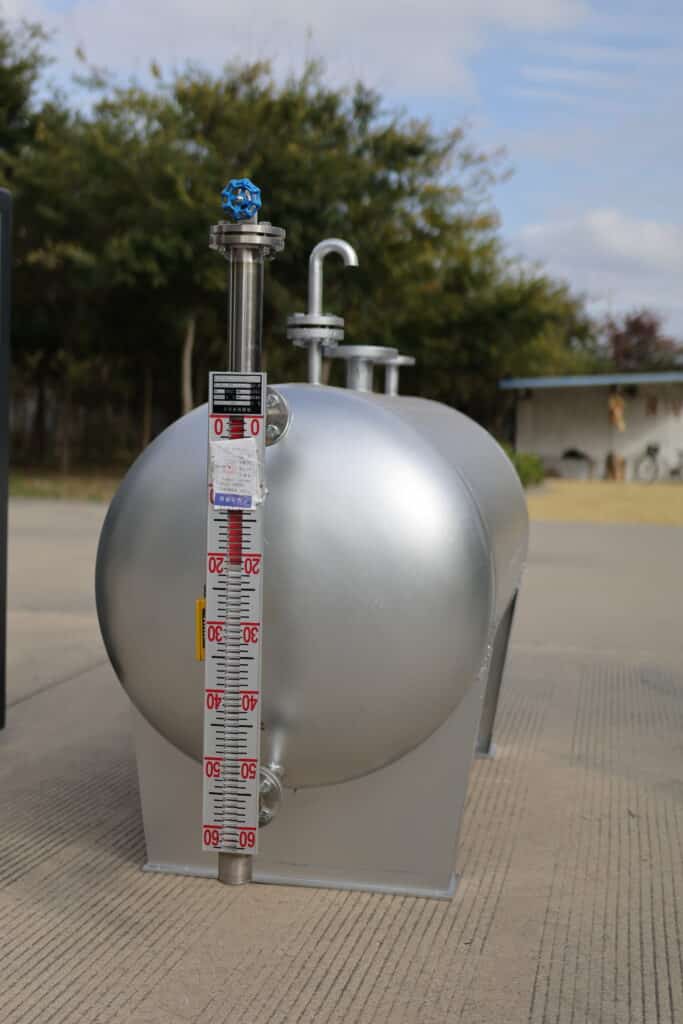In industrial production, the choice of boiler equipment is crucial, directly affecting the efficiency of energy use and production costs. Different types of boilers have different characteristics, and improving boiler efficiency is a key factor in ensuring the economy of production. This article will focus on industrial boilers, steam boilers, thermal oil boilers and boiler efficiency to help you understand how to choose the most suitable boiler equipment.
Industrial boilers: at the heart of productivity
Industrial boilers (Industrial boilers) are widely used in various industrial fields, including chemical, metallurgical, mechanical, food and other industries. They are mainly used for the supply of steam, hot water or thermal oil and are indispensable equipment in the production process. When selecting an industrial boiler, the boiler's capacity, operating efficiency and fuel type are key factors.
Steam Boiler: Providing a Highly Efficient Steam Heat Source
Steam boilers (Steam boilers) are the most common type of boiler used in many industries, especially for production processes that require high temperature steam. Steam boilers produce heat by burning fuel and then converting that heat into steam. When selecting a steam boiler, consideration should be given to its thermal efficiency, heat output capacity and whether it meets environmental requirements.
Heat transfer oil boilers: a highly efficient heat source provider
Thermal Oil Boilers are very popular in industries that require high temperatures. Unlike steam boilers, thermal oil boilers use thermal oil as the heat transfer medium and are able to provide a high temperature heat source at a lower pressure. They are widely used in industries such as petrochemicals, coatings, and food processing, and are particularly suited to processes that require stable high temperatures.
Boiler efficiency: the importance of choosing a high-efficiency boiler
Boiler Efficiency (Boiler Efficiency) directly affects energy utilisation and production costs. Boiler efficiency is the rate at which a boiler converts fuel into heat, usually expressed as a percentage. Improving boiler efficiency not only reduces energy consumption and operating costs, it also reduces carbon emissions and meets modern environmental standards.
In order to improve the efficiency of your boiler, there are several things you can do:
- Choosing High Efficiency Boiler Equipment: Modern industrial boilers and steam boilers are designed with a focus on thermal efficiency, using more advanced combustion and heat exchange technologies to improve the overall efficiency of the boiler.
- Regular boiler maintenance: Boiler equipment requires regular maintenance to ensure the stability of the combustion and heat exchange processes. Cleaning the inside of the boiler of accumulated scale and inspecting the burner and heat exchanger are effective means of improving efficiency.
- Rational control of fuel type: Boiler efficiency can be improved by choosing high calorific value fuels, such as natural gas and liquefied petroleum gas (LPG).
When choosing a boiler plant, it is important to consider the type of boiler, its efficiency and the type of fuel. Whether it is an industrial boiler, a steam boiler or a thermal oil boiler, understanding the advantages and disadvantages of each of them and how to reduce operating costs by improving boiler efficiency will help you optimise your production.
Our company can non-standard custom products, click the menu bar to contact us to customise, you can also refer to the first!product pageAppreciate our company's products oh!
Recommended Reading:
Energy Efficient Boilers: The Best Choice for Industrial and Home Heating - Jiangsu Ruiyuan Heating Equipment Technology Co.
